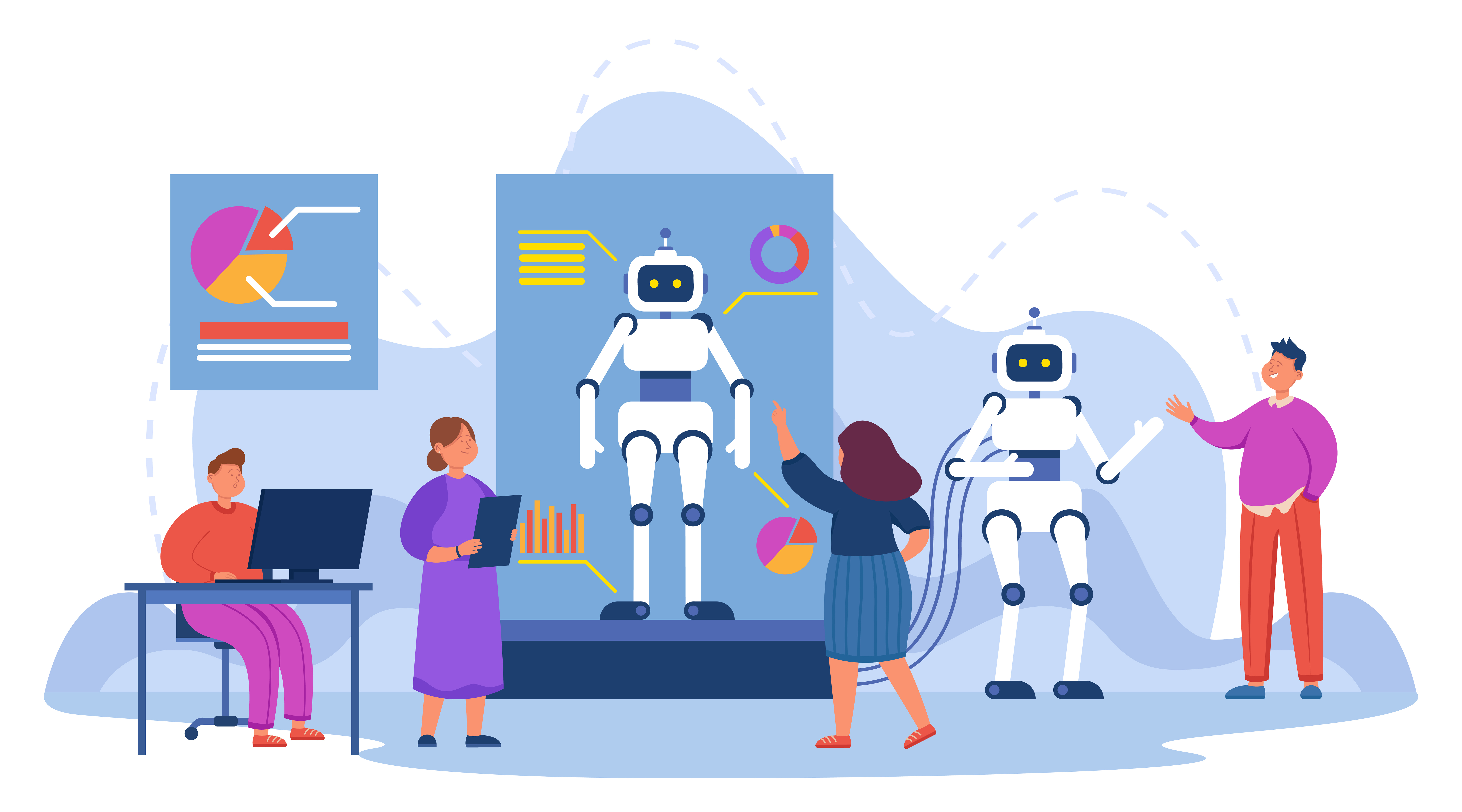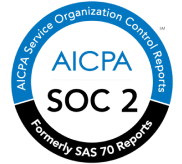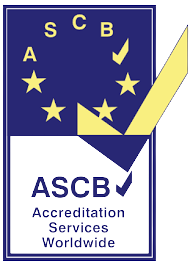Table of Content
Introduction
The future of workplace automation is here to stay. From manufacturing, banking, and IT to pharmaceuticals, finance, and knowledge management, there is automation everywhere.
With this, the jobs are becoming more complex, multigenerational, multi-talented, subjective, and demanding. An average employer is expecting much more from an average employee, if there is an AI in the organisation to scale up mundane processes and tasks.
However, only some are ready to switch to a modern way of working and executing business operations from one end to another. This requires extensive knowledge of what the future of workplace automation entails.
If you’re also in this confusion, read the post below. We give you multiple ways to set up your HR and employee management processes from scratch with the AI and EI powered tools like uKnowva HRMS.
Want to skip this post?

What Can We Say About the Current State of Workplace Automation?
The landscape of workplace automation is rapidly changing and reinventing itself. Currently, there are GenAI tools for designers, content creators, engineers, software developers, prompt engineers, HRs, etc.
Our focus remains on how HR professionals are going to leverage these automated tools for simplifying their work-life balance.
Currently, HRs are taking in the reality of the automation of redundant tasks. This is becoming a mainstream approach to implement in modern workplaces.
However, many organisations are not sure how to initiate the future of workplace automation ethically.
They must focus on developing policies, guidelines, and bylaws for streamlining the HR processes and ensuring there is no data breach or data theft in between.
Let’s learn about the benefits of the future of workplace automation first in the next section. This will give us a more positive perspective into adopting futuristic tools like our HRMS without having second thoughts or doubts.
What are the 3 Core Benefits of the Future of Workplace Automation?
The implementation of workplace automation offers several benefits for businesses and employees.
-
Increased HR operational efficiency:
HR professionals complete more tasks in a limited period. They have futuristic tools to share the load of redundant work. Their role shifts to a supervisory one for repetitive tasks. It means they get to utilise their billable hours with more efficiency and output.
-
Less paperwork and more structured work:
We are already in a very sensitive time where economies are shattering because of global climate change.
Thus, HR leaders, too, make a conscious effort to switch to paperless means. This is their way to contribute to a greener approach to workplace practices for a better future.
With streamlined HRMS modules and software like uKnowva, they can structure their daily work. They have nothing to worry about data storing, sorting, categorising, or processing.
All this and more is possible on uKnowva, a unified tool and strategic partner to a modern HR leader.
-
Reduction in operational costs:
We see a sharp reduction of up to 50 to 100 percent or above in extreme cases for organisations that adopt future-proofed HRMS.
They no longer use multiple tools or apps. The smart HRMS, uKnowva, interconnects data from multiple modules and sources in one place. The interconnectivity of the data is secure, commendable, and highly dependable.
It reduces the job of an HR manager or leaders to make strategic decisions and come out as a problem-solver at all times. With limited time and complex information, a people analytics module, for instance, helps them decide fast on critically impacting matters.
What are the Challenges Related to the Future of Workplace Automation?
Despite its potential benefits, workplace automation also presents several challenges and concerns that must be addressed.
One of the primary concerns is the risk of job displacement and unemployment caused by the automation of routine tasks. This raises questions about the future of work and the need for strategies to mitigate the impact on affected workers.
Furthermore, automation can have implications for mental health and job satisfaction, as workers may experience increased stress or job insecurity due to changes in their roles or work environments.
Workers might not always be ready to adapt to the automation of the mundane tasks. Currently the AI software for engineers is making strides in the job market. Now, for example, engineers are worrying whether they will have a secure future or not.
However, as always, we make a mark that, learn, adapt, and leverage AI because it is here to stay. So, instead of thinking of AI replacing you, start putting it to work and let it become an ally at work.
What do Future Scenarios for Workplace Automation look like?
In envisioning the future of workplace automation, experts predict a range of scenarios that could unfold over the next decade.
Industries such as manufacturing, transportation, and retail are expected to experience significant automation-driven transformations, leading to changes in job roles and skill requirements.
Policymakers and regulators will play a crucial role in shaping the future of work by implementing policies that support workforce adaptation, encourage innovation, and ensure the equitable distribution of benefits from automation technologies.
Conclusion
The blog above educates you enough about the current status of workplace automation, what are its benefits, how to anticipate its future scenarios, the challenges surrounding it, etc.
This gives you a bigger and more holistic picture of what the future of workplace automation actually includes.
If this hits home and you want to revamp the future of your HR and employee management processes, you’re on the right page. We have the perfect solution for your organisation, irrespective of its size and complexity.
FAQs
- Will workplace automation lead to widespread job loss?
While automation may result in the displacement of some jobs, it also creates new opportunities for employment in emerging industries and roles.
- How can workers prepare for workflow automation?
Continue to upskill and reskill yourself. Learn new modules, attend multiple sessions and workshops. Network with the like-minded people in your organisation and fraternity as much as possible.
Make the best use of the social intranet to network with workers from different departments of your organisation to know their thoughts on AI and automation in HR.
This helps you get more education, perspective, and training on how the future of work will shape itself.
- Should HR worry for their future when AI and automation are here?
HR should not worry about the future of automation as long as they follow the trend and outsmart it with their innate potential and creative capabilities.
- How can uKnowva help stay up to date with automation without the risk of job loss?
uKnowva HRMS is a future-proof tool for new-gen HR and employees. It is always there to help you to scale up your operations without having automation replace your core jobs.












